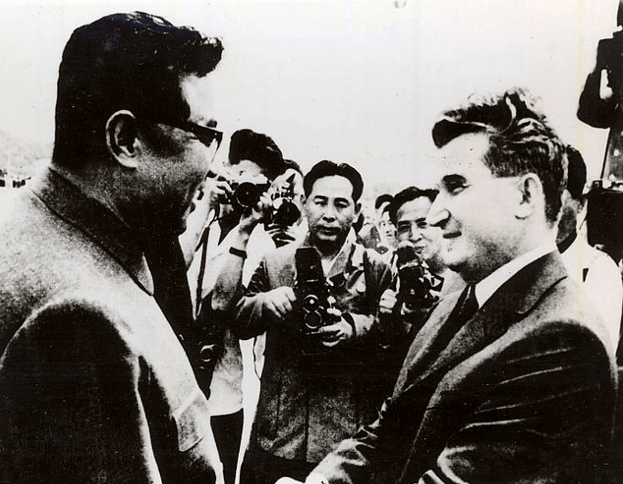About the Author
Balazs Szalontai
Balazs Szalontai is a historian and professor at Korea University, Division of Public Sociology and Korean Unification.

Get behind the headlines
|
Analysis Riding the tiger of nationalism in North KoreaHow did the North Korean leadership muzzle the tiger that Ceausescu could not control?  The view that state-sponsored nationalism has played a major (or even decisive) role in the persistence of the North Korean political system has been expressed by a wide range of scholars, such as Brian Myers, Andrei Lankov, Jin Woong Kang and Young Chul Cho. These authors have emphasized that nationalist propaganda served the regime’s interests in a variety of ways. From the very beginning, the (real and fabricated) nationalist credentials of Kim Il Sung constituted an important source of legitimacy vis-a-vis his intra-party opponents and the rival nation-state in South Korea. As early as 1955-1956, Kim skillfully used the card of cultural nationalism to discredit the “foreign factions” (i.e. the Soviet Koreans and pro-China Yan’an faction), effectively preventing them from gaining popular support. The xenophobic and racist depiction of the DPRK’s non-Korean enemies (America and Japan) also helped the regime to perpetuate a siege mentality, and justify the extreme militarization of society. Due to the population’s general unawareness of the fact that the Korean War broke out on the initiative of Pyongyang, rather than Seoul or Washington, the bitter memories of U.S. carpet bombing did lend credence to the regime’s claims about the ever-present external threat (see here for an example). © Korea Risk Group. All rights reserved. |